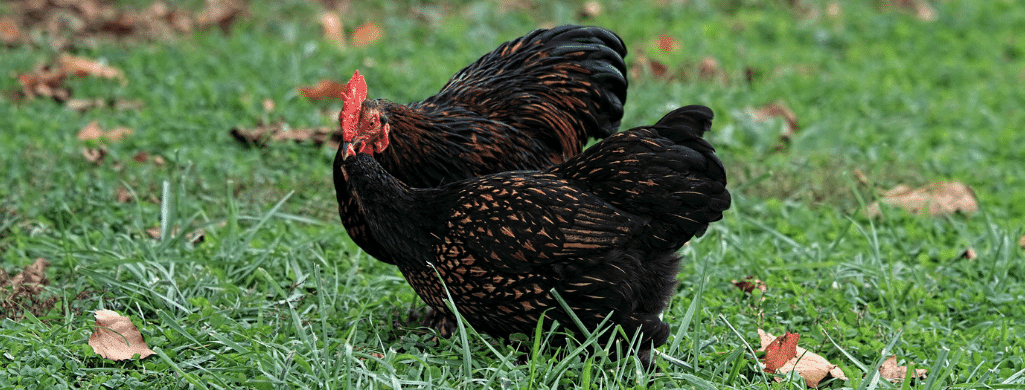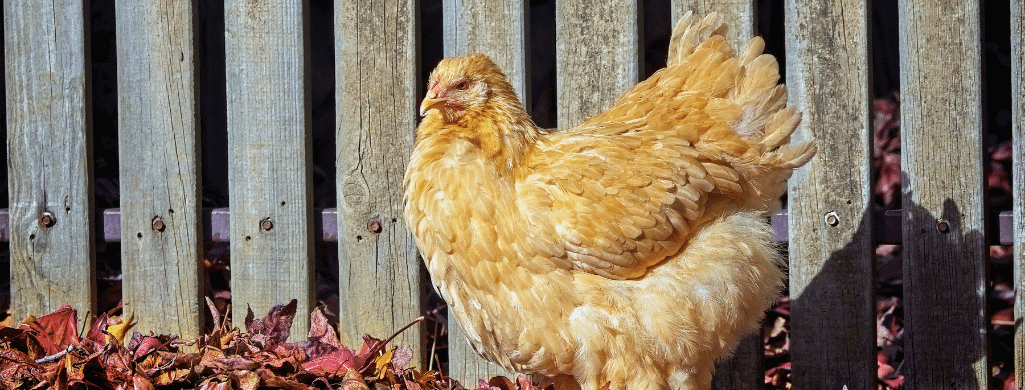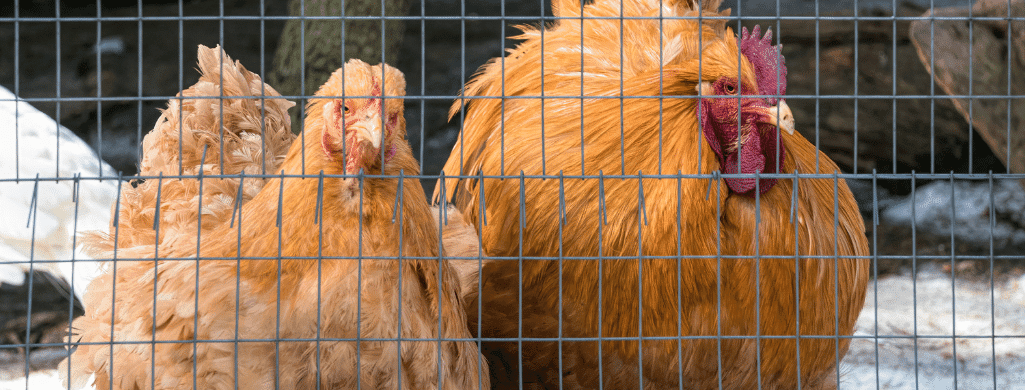Cochin chickens are fun to own as they look unique and produce a decent amount of eggs.
But they are so large, it’s hard to imagine they roost.
Do Cochin chickens roost?
Cochin chickens like roost, but they need low bars to help them reach the roosting spot. Cochins cannot fly well, and they are prone to obesity. Since these birds are so large, they also need a low perch to avoid injuries from falling.
Read on to discover why roosting is so important for Cochins and how to create the ideal roosting environment.

Table of Contents
ToggleWhere Cochin Chickens Like to Roost
Many chicken keepers report finding their Cochin chickens sleeping on the ground in huddles.
These pet chickens seem to have difficulty understanding how to get onto and down from perches.
Cochins are hefty birds.
They are also, unfortunately, prone to obesity.
A calm, docile bird at heart, Cochins are lazy.
They don’t forage much and tend to gorge themselves on feed.
In fact, it is recommended for owners to measure out their Cochin’s feed and weigh the birds regularly to prevent them from getting too fat.
Their large size makes it difficult for them to mount perches. However, Cochins sleep on perches, ladders, and in nesting boxes.
However, a poorly made roost can lead to serious injury for your Cochin.
If your perches for chickens are not secured, they can collapse the weight of multiple large Cochins.
Also, if the rod is too large, your bird can’t grip it properly and may fall. This could lead to injury.
How Can You Encourage Cochins to Roost?
Sometimes the roosting bar needs to be lowered to accommodate these beautiful birds. It also should be the right circumference for your feathered bird to grip properly.
They have extra feathers on their feet, which may hinder their ability to properly grab onto the roosting bars.
Changing the roost type or size may encourage your Cochin to roost more.
In addition, if your Cochins stay on the floor at night, coax them to roost by placing them on the perch each night.
They may get down, but if you consistently put them back up there, they will get the hang of it.
Chicken owners can encourage proper roosting by teaching baby chicks to roost early with their own smaller roost.

Why do Cochin Chickens Need To Roost?
It may not seem like a big deal if your Cochin sleeps on the floor, but roosting keeps your pet out of chicken droppings.
Especially if you have a mixed flock, the other chickens will be on their perches all night, and chicken droppings will get all over your Cochin chickens.
This can lead to poultry mites and bacteria.
All chickens need to roost because they are prey animals. Chickens roost at night because it is how they protect themselves from predators.
The chicken can see a predator enter the coop from a high vantage point. It gives them the advantage to escape or attack as needed.
When chickens roost at night, they share body heat. This can help keep your Cochins warm on cool nights in the chicken house, which can save on added heat lamps and other heat sources in the coop.
Chicken roosts establish the pecking order in their flocks. The chicken at the top of the hierarchy will roost higher than the others.
Roosting is also a sign your chicken feels comfortable and calm. If a hen turns her back to you while roosting, she is showing she trusts you.
Related Reading: Are Cochin Chickens Cold Hardy?
How Much Space Does a Cochin Chicken Need To Roost?
Chicken coop roosts are typically at least 2’ feet off the ground with 12” inches of space between each perch for a larger chicken.
More space is preferable for Cochin Chickens.
Overcrowded chicken roosts can encourage anxiety and fight for optimal perches.
If there is not much room on the perches, Cochins who are lower in the pecking order may be outcast to the floor.
Additionally, more space is needed in heated coops to allow air circulation.
Airflow is important in the chicken house because it helps keep fungus and bacteria from forming.
The more crowded the perches and coop, the higher the risk of illness.

Different Types of Roosting Spaces for Cochin Chickens
There are different types of roosting spaces to provide your Cochin chickens to meet your unique chicken roost perch needs.
Roosting Bars
Roosting bars are long dowel rods attached to the chicken house walls where chickens can sit. The dowels should be approximately 1.5-2.5” inches in diameter.
These should mimic the way branches of trees would feel to your Cochin. Too small or too large, your Cochin will be slipping and sliding off the roosting bar all night.
Roosting Ladders
Many chicken enthusiasts claim Cochins prefer roosting ladders. These structures are staggered, so chickens aren’t leaving droppings on each other all night.
They may be made to be as wide as needed for your flock.
They also have staggered heights, so your Cochins can get on the lower rungs in a mixed flock while your more adventurous birds can perch higher.
Nesting Boxes
Some backyard poultry keepers even use nesting boxes as perches for chickens. They elevate the nesting boxes off the ground.
The detractor of this method is the accumulation of chicken droppings in the nesting box. This can put your birds at risk of getting illnesses unless the boxes are cleaned very regularly.
Roosting Trees
Use items you have on hand to make perches for your Cochins.
Roosting trees is a nice perching option because it’s possible to go out and cut down a tree limb and secure it in the chicken coop.
This is a nice option because it simulates how chickens roost in the wild. Artificial trees may be used in similar ways.
Further Reading: Are Cochin Chickens Noisy?
How useful was this post?
Click on a star to rate it!
We are sorry that this post was not useful for you!
Let us improve this post!
Tell us how we can improve this post?
